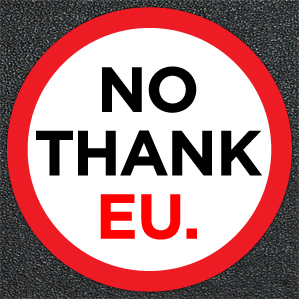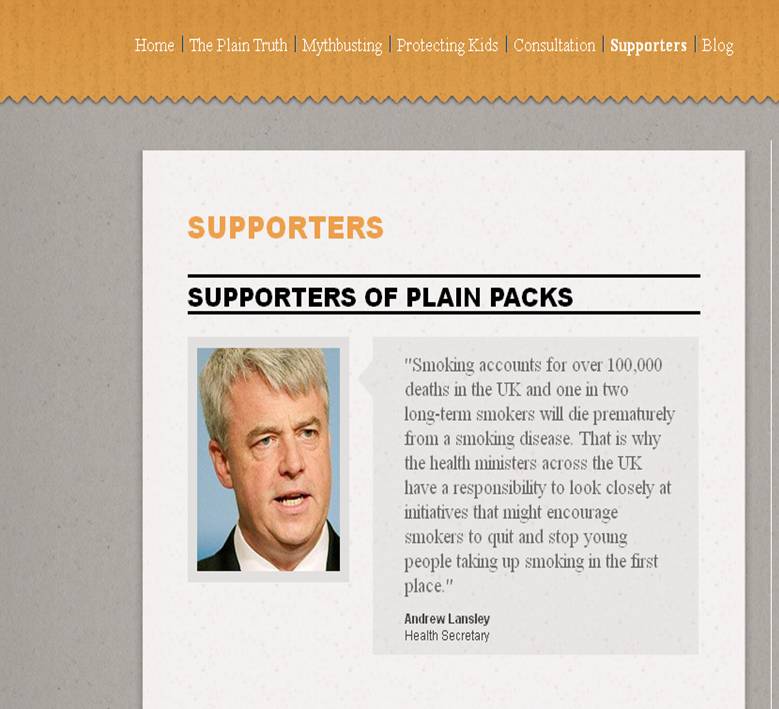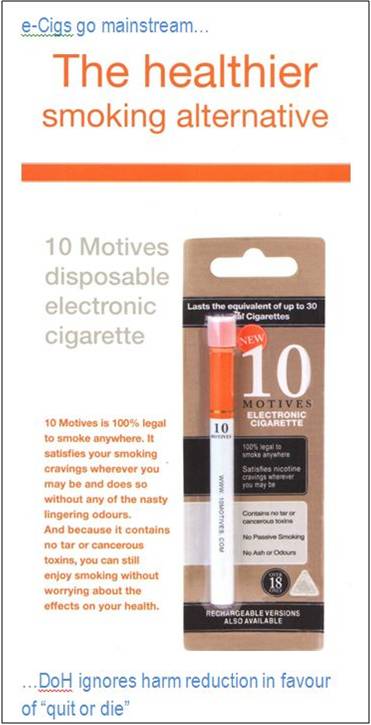Nick Clegg should say No Thank EU
A couple of days ago I re-read the “Liberal Democrat Manifesto for Europe”. On the summary page it says
“Liberal Democrats don’t believe in one-size-fits-all solutions. This is because Liberal Democrats believe that individual people, families and their communities know best about the things that affect them, so decision should be taken by them, not by distant politicians and bureaucrats in Westminster or Brussels.
That is why we insist that Europe does not act when national, regional or local action is more effective.”
I assume that is still the party position (given that the web site is still live).
I am sure that most Liberal Democrats agree that on matters of public health this is especially true. Decision-making should wherever possible, be taken at national, regional or local level, not left to the whims of unelected bureaucrats in Brussels.
I am also sure that the party will agree that if the UK parliament has been deliberately denied the opportunity to scrutinise any European legislation, (having refused to provide a waiver on scrutiny), then that legislation should not be allowed to proceed until such times as it has.
All that being the case I will be asking Nick, as Deputy Prime Minister and leader of the Liberal Democrats, to take action on a rather scandalous state of affairs.
Back in June, Conservative MP and Parliamentary Under-Secretary of State for Health, Anna Soubry was summoned, very hastily, to attend a General Council meeting in Luxembourg on 21st June. The purpose of the meeting was to agree, with other health ministers from around Europe, the “general approach” to be taken on the revised Tobacco Products Directive.
Soubry requested waivers from the scrutiny committees in both Houses. The Lords agreed but the Commons European  Scrutiny Committee said no on the grounds that there was insufficient time (less than two weeks) to examine the very many (and complex) issues involved. Soubry decided to over-ride the House of Commons scrutiny committee, and played a full and “crucial” role in the discussions on Europe-wide regulation at the June 21st meeting.
Scrutiny Committee said no on the grounds that there was insufficient time (less than two weeks) to examine the very many (and complex) issues involved. Soubry decided to over-ride the House of Commons scrutiny committee, and played a full and “crucial” role in the discussions on Europe-wide regulation at the June 21st meeting.
The Directive is now due to be voted on by MEPs in the first week of September. This vote too has been hastily forced up the agenda (scheduled for October, it has now been moved to early September).
Voters in Britain will rightly wonder what is going on. Why is Brussels in such a hurry to get this legislation rushed through? Why has UK parliament been denied the right to examine the proposed EU laws? Why are most of the public wholly unaware of the proposals and therefore prevented from expressing their views on the matter? Why indeed is Europe forcing through laws banning swathes of products that no UK government has sought fit to do?
No wonder Euro-scepticism is on the rise. No wonder at least half of the adult population believe that the UK would be better off outside of the EU if this is how legislation is introduced.
The scrutiny committee has already summoned Soubry to explain herself (and a very sad and sorry affair it was too). The chair (Bill Cash MP) has stated :
“We consider that insufficient information was made available to the committee to enable it to scrutinise the Commission’s proposals”
“Negotiations on the draft Directive appear to have proceeded at unwarranted haste given its far-reaching implications”
“The draft Directive remains under scrutiny”
That begs the question how on earth can MEPs vote on the Directive proposals in early September when the Directive is still under scrutiny in the UK Parliament?
I will be asking Nick to take action. This is a cast-iron chance to make the words in the manifesto count; make it clear that EU laws that by-pass proper scrutiny in Westminster will not be tolerated.
I will be asking Nick to:
- 1. Work with others (including Lib Dem MEPs) to ensure that the EU delay any vote on this Directive (which has been rushed through faster than a high-speed train) until such times as Westminster has been given sufficient time to examine the proposals contained in the Directive. There is no good reason to force this through in September when, for want of a few weeks or so, the ministers can re-convene and discuss this proposal with the benefit of more time, consideration and proper parliamentary scrutiny. Then, and only then should MEPs be given the opportunity to vote on the proposals.
- 2. Ensure that decision-making on UK public health remains with elected politicians here in the UK, not Brussels bureaucrats.
Earlier this week the smokers’ group Forest launched a new campaign No Thank EU seeking to give the British people a voice on this piece of desperately hurried and deeply flawed EU legislation.
But it should not be left to Forest to bang on doors demanding that the EU be made to pause whilst elected politicians here in the UK (and elsewhere I have no doubt) are actually given sufficient time to review carefully what is proposed. Nor should it be Forest’s job to fight to ensure that decision-making on matters of UK public health remains in the UK.
This is an ideal opportunity for Nick in particular, and the party more generally, to demonstrate to voters that being Pro-European does not mean remaining silent when Brussels gets it wrong. To show that liberals are willing and able to stand up to Europe when UK parliamentary processes are circumvented or when the Commission moves beyond its remit.
I understand that smoking is a controversial topic and that some Liberal Democrats believe that any measures that may reduce smoking rates should be embraced. But this view is deeply flawed if they are willing to allow proper process to be casually caste aside in the process. Those who are passionate about the need for yet more smoking legislation and support the EU measures proposed should lobby for their inclusion in the Liberal Democrat manifesto – not hide behind Brussels bureaucrats. That is how democracy works, surely?
I have listed the key EU proposals below. I know that Lib Dem MEPs are already deeply concerned about the proposals on e-cigarettes contained in this Directive and have spoken out about it publicly on several occasions. But speaking out about some aspects of the Directive, or seeking amendments come the September vote, doesn’t go far enough.
It’s like agreeing to play a game of football knowing that the hosts of the game have changed all the rules and given themselves a 3 goal advantage. To play the game legitimises the new rules. That won’t help the 1.3 million+ vapers or 10 million+ smokers and it will outrage many ordinary voters who will wonder what on earth the EU will be allowed to railroad through next.
This is bad legislation, rushed through to avoid proper scrutiny. I am asking Liberal Democrats individually and collectively, and the leader specifically, to make a stand.
Signing the petition would be helpful so please do go ahead and sign. But I am also asking the party to show that when necessary it is willing to stand up to the EU, and to coalition ministers who have chosen to play fast and loose with parliamentary process.
What the EU proposes and Westminster hasn’t been allowed to examine:
As well as forcing all e-cigarettes to become classified as medicinal products Europe-wide, the EU Tobacco Products Directive proposes:
- A ban on menthol and ‘slim’ cigarettes throughout Europe.
- Larger health warnings on packs and pouches covering 75 per cent of the front and back.
- Standardisation of cigarette pack size and shape
- A ban on packs of ten cigarettes
- A ban on all smaller pouches of roll your own tobacco
For more information on these proposals, visit “What’s at Stake” on the campaign website.
For additional reading on the Tobacco Products Directive see this article “A dog’s breakfast” by Clive Bates (former director of ASH (Action on Smoking and Health).
Angela Harbutt is Campaigns Manager for No Thank EU (www.NoThankEU.com), launched on July 29.
Tags: e-cigarettes, EU, European Union, Liberal Democrats, Nick Clegg, tobacco, Tobacco Products Directive


